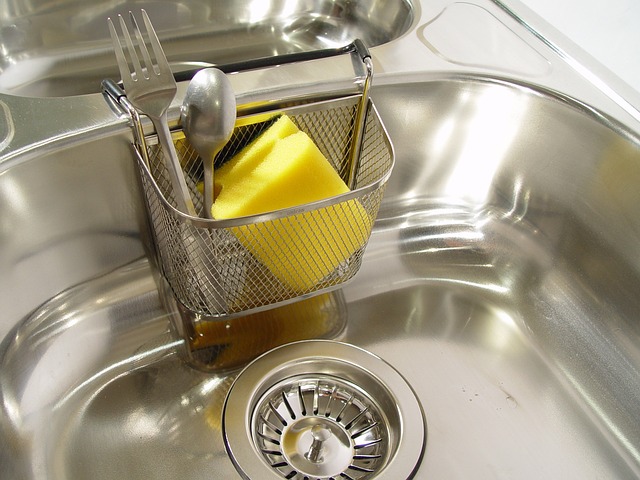Outdoor gear retailer REI announced this week that it will phase out “forever chemicals,” otherwise known as PFAS, from the clothes and cookware it sells by 2024. This move by REI is part of the retailer’s commitment to accelerating its efforts to fight climate change.
PFAS (per- and polyfluoroalkyl substances) are widely used in the production of water- and grease-repellent materials, from fabrics to cookware, and are prevalent in outdoor gear. They have been linked to numerous health concerns and have been known to contaminate water sources.
The announcement by REI follows similar pledges by outdoor apparel companies Patagonia, The North Face and Columbia Sportswear, which all announced plans to eliminate PFAS from their products.
As part of its commitment, REI will also be monitoring its global suppliers to ensure compliance. This will include expanded chemical testing, which has been bolstered by the introduction of advanced testing technologies.
In addition, REI is launching a global information campaign to raise awareness among its customers and the public about the potential harm posed by these “forever chemicals”. The company is working with environmental organizations to educate the public about the potential health and environmental risks posed by PFAS.
REI believes that their commitment to phasing out PFAS is a crucial step in reducing consumer exposure to these dangerous chemicals. As CEO Eric Artz stated in the announcement, “We know eliminating all hazardous chemicals from our products and supply chain is the responsibility of us all”. He added, “We heard our customers’ concerns and our move to remove PFAS from our products is a critical way that REI is working to protect people and planet.”
By taking this bold step, REI is leading the outdoor gear industry in efforts to reduce the environmental and health risks associated with PFAS. As consumers become increasingly aware of these risks and demand safer products, REI’s move serves as a positive example for other retailers and brands looking to do their part in the battle against climate change.
Hey Subscribe to our newsletter for more articles like this directly to your email.
